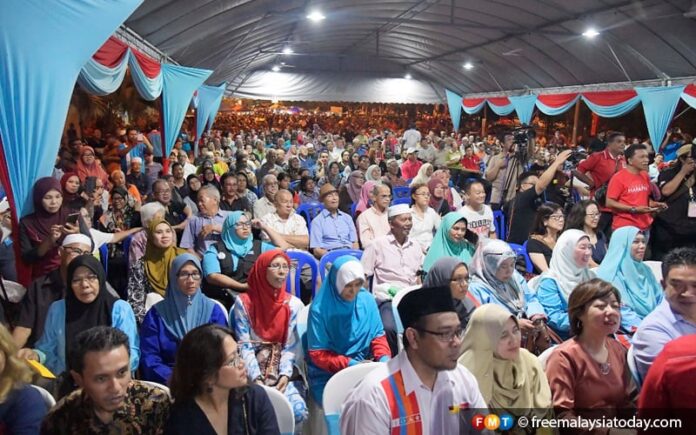Author: Liew Chin Tong
Affiliation: Malaysian Senator (Democratic Action Party), Former Deputy Defence Minister of Malaysia (2018-2020), Visiting Senior Fellow at ISEAS – Yusof Ishak Institute
Organization/Publisher: Fulcrum/ ISEAS – Yusof Ishak Institute
Date/Place: January 10, 2022/Singapore
Type of Literature: Article
Word Count: 3129
Link: https://fulcrum.sg/malaysia-on-the-cusp-of-a-new-political-order/
Keywords: Malaysia, Politics, and Identity
Brief:
This article revisits the history of the Malaysian political order and navigates what is to come in the next decade. The history of Malaysian political order could arguably be split into four eras. First is the Merdeka Compact Era (1957-1969), characterized by economic laissez-faire and a coalition government praised as a model of ethnic elite consociationalism. The second phase is the New Economic Policy Era (1969-1990), characterized by high state intervention to redistribute economic opportunities, which deeply disappointed the non-Malays while it gave ordinary Malays upward social mobility. The third phase is the Vision 2020-Bangsa Malaysia Era (1991-2005), marked by Malaysia’s economic boom and a multi-ethnic state narrative with UMNO (United Malays National Organisation) standing firmly in the middle ground. The Fourth phase is the Lost Years (2005-2021), an era characterized by economic stagnation, uncertainty, and policy drift with the demise of UMNO’s hegemony. The author argues that Malaysia will enter another “political order”. With the decrease of UMNO’s political hegemony, it gives a chance for a fresh multi-ethnic premise that promotes for more social and economic justice. In order to welcome a new political order, the author argues that three points need to be accomplished. First, a New Malaysian Identity. Malaysians are very culturally different, which could be an important asset for the country. The idea of a new Malaysian identity based on citizen rights is not about abolishing an ethnic identity, but to give a broader meaning and purpose for an identity. The author explains that “Framing every issue in a racial perspective can only go so far, and Malaysian politics has obviously gone way past that point”. Second, a system that is capable of nurturing democracy. A better governance could be achieved through a more vibrant and diverse coalition building between parties both in government and parliament. Third, building of a fairer economy. Malaysia should shift from a pyramid-shaped income society and focus on developing the “educated underclass”. Finally, the author suggests understanding the political flux to navigate for the best possible order to emerge.
By: Salman Nugraha, CIGA Research Intern




